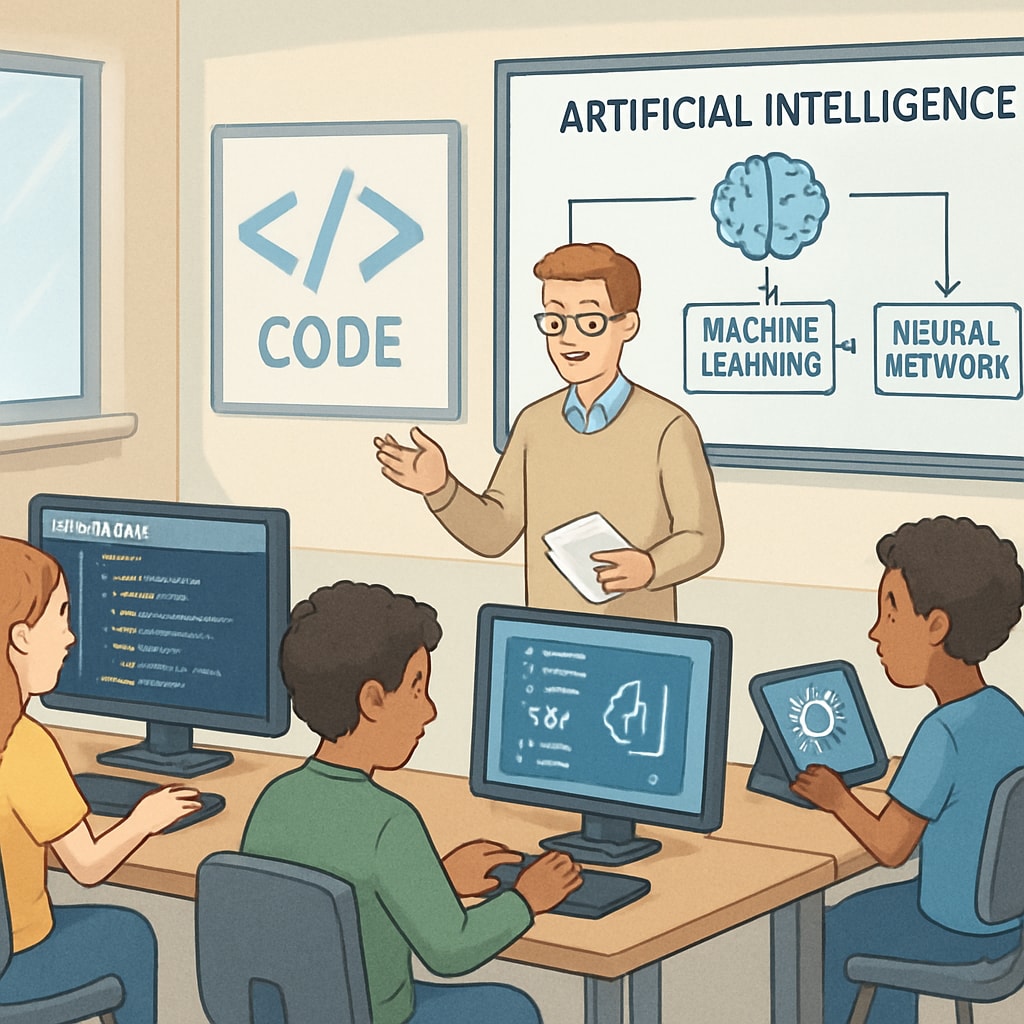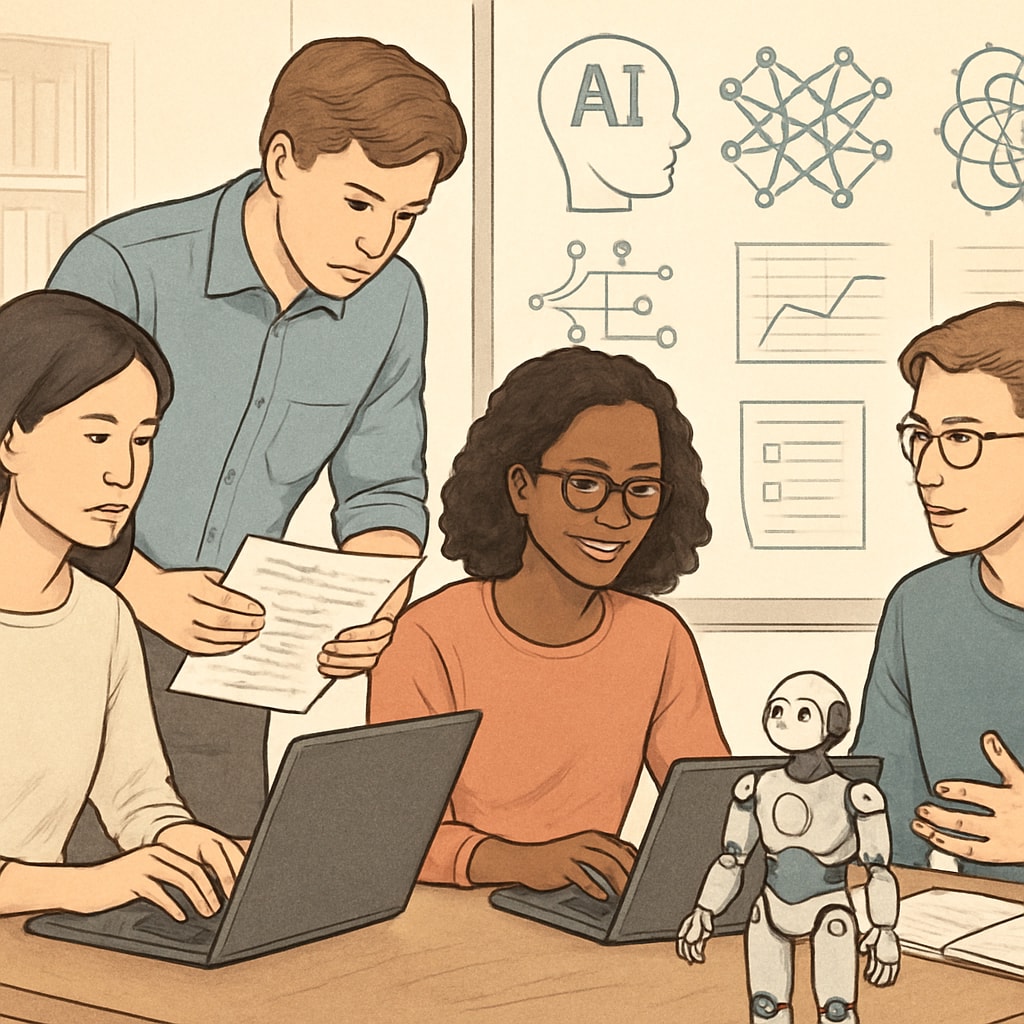Artificial Intelligence, higher education, and career prospects are increasingly intertwined as we enter a digital era defined by rapid technological advancements. The transformative power of AI is reshaping industries, driving automation, and creating new possibilities for innovation. However, it simultaneously poses significant challenges for the education sector, particularly at the K12 level, where foundational skills are cultivated. How can educators adapt to ensure students are equipped for a future where AI plays a pivotal role in both higher education and career opportunities?
Preparing K12 Students for an AI-Driven Economy
In the coming decades, AI is expected to displace many traditional jobs while creating new roles that prioritize advanced technical skills, creativity, and adaptability. For example, the World Economic Forum predicts that by 2025, nearly half of all jobs will require new skill sets due to automation. This shift demands that K12 education focus on fostering critical thinking, problem-solving, and emotional intelligence — skills that cannot be easily replicated by machines.
To prepare students for an AI-driven economy, schools must rethink traditional curricula and integrate interdisciplinary approaches. Coding, data literacy, and digital ethics should become core components of education, alongside traditional subjects. Moreover, exposing students to real-world applications of AI through interactive projects and collaborations can ignite their curiosity and prepare them for challenges in higher education and future careers.
- Integrate AI-related topics into STEM programs.
- Focus on soft skills like collaboration and adaptability.
- Provide access to hands-on technology and resources.

Higher Education and AI: Evolving Academic Priorities
As AI reshapes industries, higher education institutions are being forced to evolve their academic priorities to remain relevant. Traditional degree programs focused on narrow specializations may no longer guarantee employability. Instead, universities are increasingly emphasizing multidisciplinary studies, combining fields such as computer science, psychology, and business.
For K12 students transitioning into higher education, this trend underscores the importance of adaptability. Encouraging curiosity, lifelong learning, and intellectual flexibility during their early education years is vital. Additionally, guidance counselors and educators must help students understand how their chosen fields could be impacted by AI advancements.
For example, fields like healthcare are experiencing a surge in AI-powered innovation, from robotic surgeries to predictive analytics. Careers in software engineering, data science, and AI research are booming, while creative industries such as design and content creation benefit from machine-assisted tools. These examples highlight how higher education must align its offerings with AI’s evolving influence on career prospects.

Challenges and Opportunities for the Future Workforce
While the integration of AI into education and employment presents opportunities, it also raises concerns about equity and accessibility. Not all schools have equal access to advanced technology, creating disparities in preparedness among students. Bridging this digital divide is essential to ensure that all learners, regardless of socioeconomic background, can benefit from AI-driven innovations in education.
Moreover, the ethical implications of AI, such as data privacy and algorithm bias, must be addressed within educational frameworks. Teaching students how to critically evaluate AI systems and their societal impact will not only make them informed users but also responsible creators of technology.
In addition, partnerships between educational institutions and industries can play a crucial role in preparing students for future careers. Internships, mentorship programs, and collaborative projects can provide valuable exposure to real-world challenges and opportunities.
- Invest in teacher training for AI-related subjects.
- Promote diversity in STEM fields to combat inequities.
- Encourage critical discussions about AI ethics and governance.
As a result, K12 education must not only adapt to technological advancements but also promote inclusivity and ethical awareness to prepare a future workforce capable of thriving in an AI-driven world.
Readability guidance: Use short paragraphs and lists to summarize key points; ensure a balance between technical insights and practical advice; incorporate transition words to improve flow.


